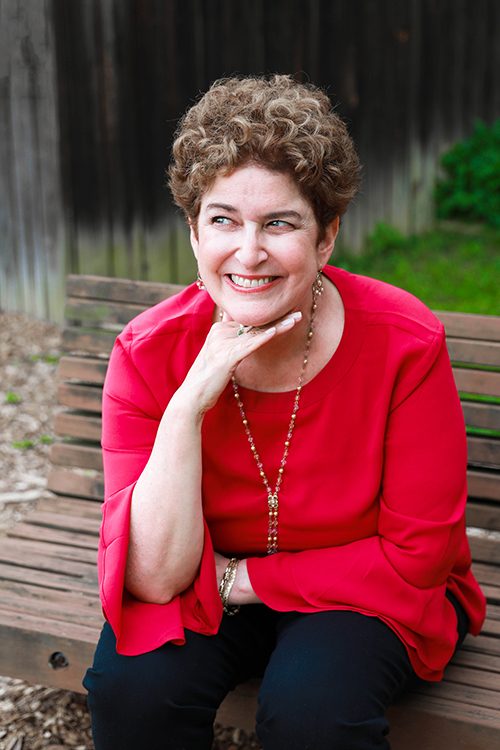"The purpose of our lives is to be happy." ~The Dalai Lama

Many Americans find happiness so elusive that today’s self-help book industry has become a million-dollar business. Why do Americans scramble to find happiness by buying bigger and better homes, cars, and gadgets? Why do they think The American Dream is something they watch on reality shows or read about on the pages of glam magazines?
Does money buy us love? Will that kind of love bring us true happiness?
"I'll buy you a diamond ring my friend, if it makes you feel all right.
I'll get you anything my friend, if it makes you feel all right.
Cause I don't care too much for money.
Money can't buy me love." ~The Beatles
Happiness is defined as “a state of well-being or contentment.”
This past week, I read two interesting articles in major publications about happiness.
The first was an elaborate article in the July issue of Time Magazine entitled “The Pursuit of Happiness: Why Americans Are Wired to be Happy – and What That’s Doing to Us.” I was surprised to learn that happiness might elude us because today's society moves at lightning speed, a speed that crawled by comparison to the time The Founding Fathers wrote The Declaration of Independence. The guarantee for happiness they wrote about did not have our contemporary lifestyle in mind.
The great neurologist, writer, and professor Oliver Sacks wrote the second, more hopeful article I read about joy. His New York Times editorial, “The Joy of Old Age. (No Kidding.)," talked about the happiness he found by living as long as he has. Looking forward to his upcoming 80th birthday, he relished continuing to explore and enjoy a life of “leisure and freedom.”

In his book, “Man’s Search for Meaning,” Holocaust survivor and neurologist/psychiatrist Viktor Frankl theorized how some concentration camp survivors survived:
“Everything can be taken from a man but one thing. The last of human freedoms – to choose one’s attitude in any given circumstances, to choose one’s way.”
Is happiness an attitude?
According to an article in The Atlantic, the Center for Disease Control reported that 4 out of 10 Americans do not have a sense of purpose. A life of purpose, research showed, is a life of self-satisfaction and overall well-being.
Is a life of purpose going to bring us happiness?
Let’s see if we have this straight. Self-satisfaction + well-being + a positive attitude + a purposeful life = Happiness.
It seems simple enough.
But maybe not.
After typing “happiness” into Amazon’s search box, I received titles for 32,753 books. A Google search provided 296,000,000 results for the word “happiness” and 5,600,000 results for “happiness for people with disabilities.”
Each person’s definition of happiness is different from the next. I may want a restful night's sleep for my happiness, while you may want to move across America for yours.
I’m not a psychologist, nor do I have a medical degree. I'm (hopefully!) a reasonably intelligent person with unique life experiences who has learned that life can never be perfect but can certainly be happy.
As much as I’d like to believe in a Utopian Society, it’s impossible.
And there lies the crux of the matter. The happiness we so desperately seek does not exist, making us quite unhappy.
Now that I’m in my 50’s, I’m finally learning what brings happiness. I live by simple, possibly Pollyannaish, and certainly sentimental rules. I look inward for happiness, learning to value myself above all else.
As Ayn Rand wrote: “Learn to value yourself, which means fight for your happiness.”
We're all works in progress, striving to find answers to living a happy life. The bumps in the road will inevitably come our way. We can’t escape it. But as Frankl wrote, and what I try to live by, is this:
“When we can no longer change a situation, we are challenged to change ourselves.”
How do you find your happiness?

Thought provoking post, Cathy. Do you think that happiness may elude those who don't recognize it? I believe as we age we find happiness in the small things that surround us: a perfect rose, time spent with family, a beautiful melody. Maybe it takes years of experience to finally value the simpler thing in life and recognize that as happiness. Loved reading this. It made me think.
Loved reading this thought-provoking piece. My personal philosophy is that happiness is all around us, but many of us don't take the time to notice/embrace/recognize/savor it. Ultimately it is up to us to go out and make our own happiness and not wait for it to come to us.
I LOVED Oliver Sacks' article. What a fabulous way to think about aging, huh?
Some good questions and good quotes. I like how you distilled that one article's advice into a formula! I find that I am the happiest when I have a purpose -- not to be happy but for some other cause. And then happiness is a byproduct of being extremely engaged in a purposeful life. Thanks for sharing your thoughts.
I love this post. Can't wait to share. So much good information and so many beautiful quotes. Thanks for this!
Here's another thing about being happy - there are some for whom it is much more difficult than others. All the self-help books (which make me crazy) in the world can't change a person's basic nature. Some people find being happy a natural thing, others have to work so hard that, in some cases, it may not be worth it.
I strongly disagree with the Dalai Lama on this one. Happiness isn't the purpose of life. I do believe happiness is worth pursuing, and, like you and Helene, I think recognizing it in the quiet moments of life is the key. That certainly isn't what advertisers want us to believe, and understandably so; contentment doesn't sell.
Have you read The Geography of Bliss? I think you'd find it interesting.